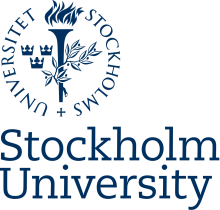Resource information
The framework for analyzing sustainability of social-ecological systems (SES) framework of Elinor Ostrom is a multitier collection of concepts and variables that have proven to be relevant for understanding outcomes in diverse SES. The first tier of this framework includes the concepts resource system (RS) and resource units (RU), which are then further characterized through lower tier variables such as clarity of system boundaries and mobility. The long-term goal of framework development is to derive conclusions about which combinations of variables explain outcomes across diverse types of SES. This will only be possible if the concepts and variables of the framework can be made operational unambiguously for the different types of SES, which, however, remains a challenge. Reasons for this are that case studies examine other types of RS than those for which the framework has been developed or consider RS for which different actors obtain different kinds of RU. We explore these difficulties and relate them to antecedent work on common-pool resources and public goods. We propose a diagnostic procedure which resolves some of these difficulties by establishing a sequence of questions that facilitate the step-wise and unambiguous application of the SES framework to a given case. The questions relate to the actors benefiting from the SES, the collective goods involved in the generation of those benefits, and the action situations in which the collective goods are provided and appropriated. We illustrate the diagnostic procedure for four case studies in the context of irrigated agriculture in New Mexico, common property meadows in the Swiss Alps, recreational fishery in Germany, and energy regions in Austria. We conclude that the current SES framework has limitations when applied to complex, multiuse SES, because it does not sufficiently capture the actor interdependencies introduced through RS and RU characteristics and dynamics.



